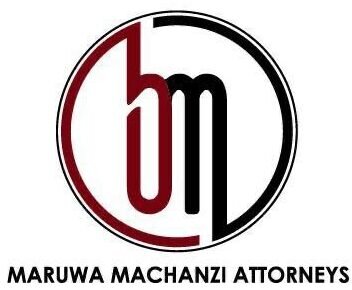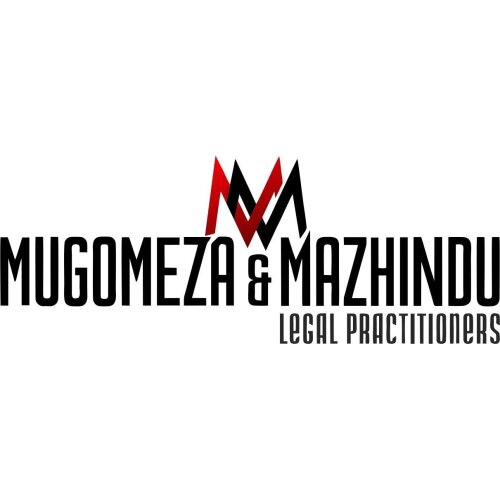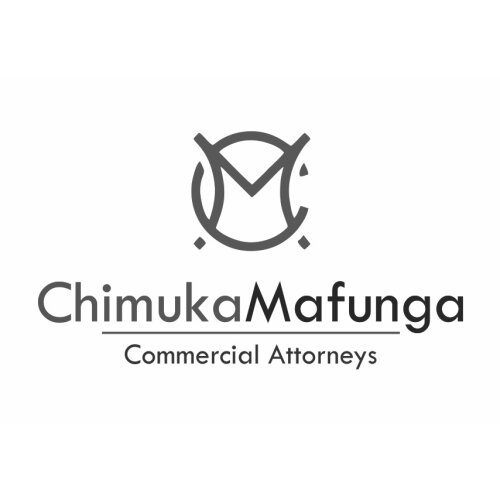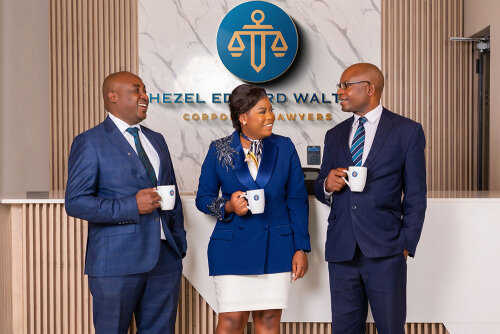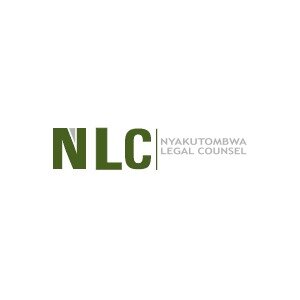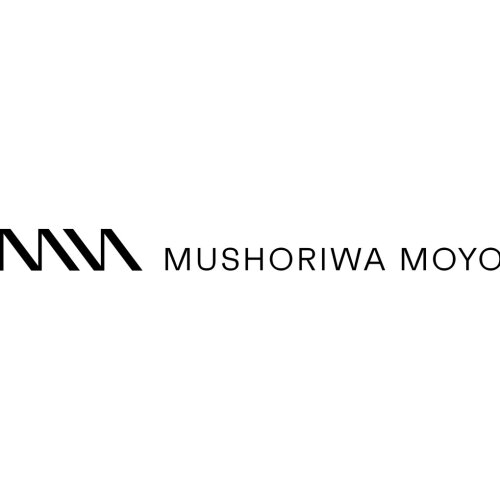Best Banking & Finance Lawyers in Harare
Share your needs with us, get contacted by law firms.
Free. Takes 2 min.
List of the best lawyers in Harare, Zimbabwe
About Banking & Finance Law in Harare, Zimbabwe
Banking and finance law in Harare, Zimbabwe, is shaped by a combination of local regulations and international standards. The city's status as the capital of Zimbabwe means it hosts numerous financial institutions, including local banks, international banks, and various non-banking financial institutions. With the Reserve Bank of Zimbabwe acting as the central monetary authority, the banking sector is tightly regulated to ensure stability, transparency, and efficiency. Regulations cover a broad spectrum, including lending practices, capital requirements, anti-money laundering measures, and consumer protection. Understanding the nuances of these regulations is crucial for individuals and businesses operating in this sector.
Why You May Need a Lawyer
There are numerous situations in which legal advice might be required in the field of banking and finance. These include, but are not limited to, negotiating and drafting loan agreements, handling disputes with financial institutions, ensuring compliance with regulatory requirements, managing mergers and acquisitions, and navigating bankruptcy proceedings. Additionally, individuals and businesses may require assistance understanding their rights and responsibilities under the law or dealing with financial fraud. A lawyer with expertise in banking and finance can provide invaluable guidance and representation in these matters.
Local Laws Overview
The key aspects of local laws in Harare relevant to banking and finance include the Banking Act, the Reserve Bank of Zimbabwe Act, and the Money Laundering and Proceeds of Crime Act. These laws govern the operation of financial institutions, set licensing requirements, and establish protocols for reporting and managing financial transactions. Additionally, the Companies Act applies to many financial transactions, as it governs corporate structures and responsibilities. Understanding the interaction between these laws and other regulatory frameworks is essential for any legal practitioner in this field.
Frequently Asked Questions
What is the role of the Reserve Bank of Zimbabwe?
The Reserve Bank of Zimbabwe is the central bank of the country. It regulates monetary policy, supervises the banking sector, controls inflation, and oversees foreign exchange operations.
Are there any restrictions on foreign exchange transactions?
Yes, there are regulations in place to manage foreign exchange transactions. These are intended to stabilize the economy and control inflation. It's crucial to comply with these regulations to avoid legal issues.
What should I do if I suspect bank fraud?
If you suspect bank fraud, it is recommended to contact your bank immediately, report the issue to the police, and seek legal advice to understand your rights and the possible remedies available.
Can I negotiate loan terms with a bank?
Yes, loans and their terms can generally be negotiated. A lawyer can help ensure that the terms are fair and align with your financial interests and legal rights.
What laws protect consumers in banking transactions?
The Consumer Protection Act and various banking regulations aim to safeguard consumer interests and ensure fair treatment in banking transactions.
What are the consequences of non-compliance with banking regulations?
Non-compliance can lead to significant penalties, legal action, and damage to reputation. Financial institutions and their clients should remain vigilant to ensure all activities comply with current laws.
How can I start a bank in Zimbabwe?
Starting a bank requires obtaining a license from the Reserve Bank of Zimbabwe, meeting capital requirements, and complying with various regulatory provisions. Legal advice is highly recommended to navigate the complex application process.
Are there online banking regulations in Zimbabwe?
Yes, online banking is subject to specific regulations aimed at ensuring security and privacy. Banks must adhere to these regulations to protect consumers and maintain system integrity.
Can I get legal aid for banking disputes?
Legal aid may be available for certain individuals in banking disputes, though this depends on the nature of the case and your personal financial circumstances. Consulting a lawyer can help determine eligibility for legal aid.
What are the tax implications of financial transactions?
Financial transactions may have tax implications, including interest income taxes and capital gains taxes. It's advisable to consult a tax expert to ensure compliance with the tax laws.
Additional Resources
Relevant resources for those seeking information or assistance in banking and finance law include the Reserve Bank of Zimbabwe, the Zimbabwe Stock Exchange, and the Financial Clearing Bureau. Additionally, legal associations such as the Law Society of Zimbabwe may provide directories of qualified attorneys specializing in banking and finance law.
Next Steps
If you require legal assistance in banking and finance, it is advisable to seek out a lawyer who specializes in this field. Begin by researching qualified professionals with a proven track record in handling banking and finance law. Arrange consultations to discuss your specific needs and circumstances, and ensure that your lawyer understands the unique aspects of Zimbabwe's banking landscape. A proactive approach can help you navigate legal complexities and protect your financial interests effectively.
Lawzana helps you find the best lawyers and law firms in Harare through a curated and pre-screened list of qualified legal professionals. Our platform offers rankings and detailed profiles of attorneys and law firms, allowing you to compare based on practice areas, including Banking & Finance, experience, and client feedback.
Each profile includes a description of the firm's areas of practice, client reviews, team members and partners, year of establishment, spoken languages, office locations, contact information, social media presence, and any published articles or resources. Most firms on our platform speak English and are experienced in both local and international legal matters.
Get a quote from top-rated law firms in Harare, Zimbabwe — quickly, securely, and without unnecessary hassle.
Disclaimer:
The information provided on this page is for general informational purposes only and does not constitute legal advice. While we strive to ensure the accuracy and relevance of the content, legal information may change over time, and interpretations of the law can vary. You should always consult with a qualified legal professional for advice specific to your situation.
We disclaim all liability for actions taken or not taken based on the content of this page. If you believe any information is incorrect or outdated, please contact us, and we will review and update it where appropriate.
Browse banking & finance law firms by service in Harare, Zimbabwe
Harare, Zimbabwe Attorneys in related practice areas.



